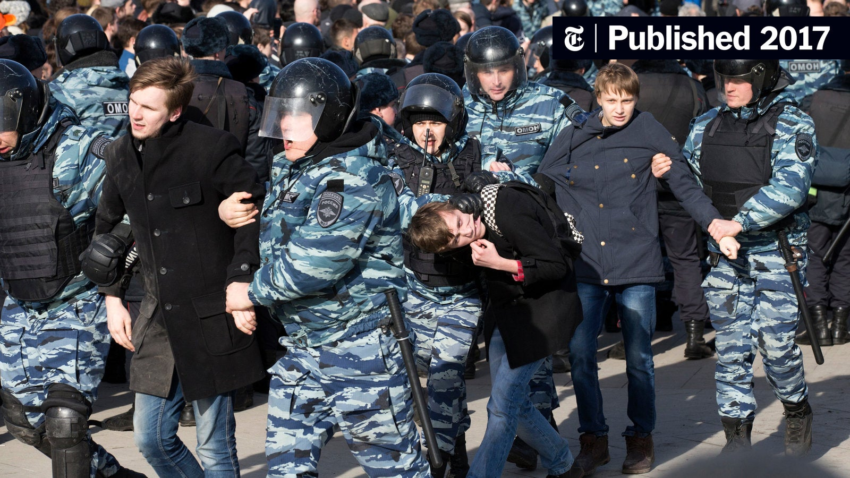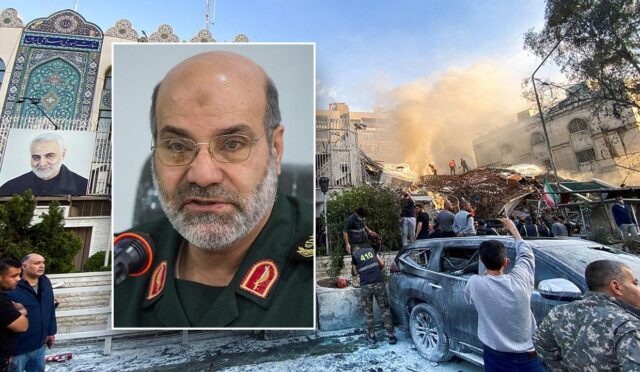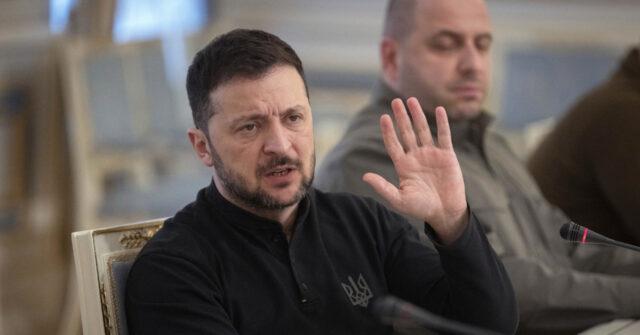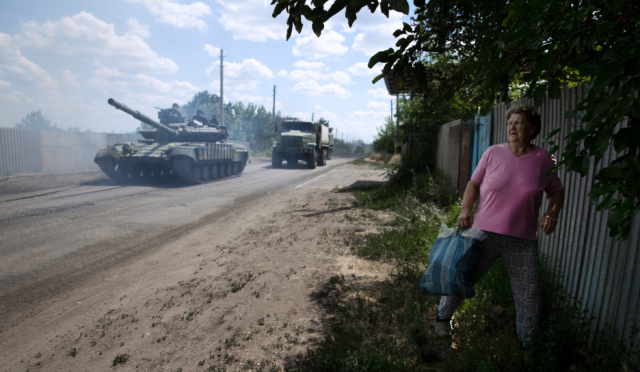Russian military tribunal sentencing has become a focal point in the ongoing tensions surrounding the conflict in Ukraine. Recently, a man was sentenced to 20 years in prison after being found guilty of attempting to poison Russian troops, a move he claimed was in support of Ukraine. The FSB security service revealed that this individual had communicated with Ukrainian special services, demonstrating a clear act of high treason against Russia. As the conflict continues, such cases highlight the severe repercussions faced by those accused of supporting Ukraine, with many receiving harsh prison sentences for their actions. This incident underscores the lengths to which the Russian authorities will go to maintain control and silence dissent, especially in the context of the ongoing war.
The recent sentencing by a Russian military tribunal marks a significant escalation in the crackdown on individuals perceived as dissenters amid the conflict with Ukraine. This particular case involved a man from Barnaul, who, motivated by his support for Ukrainian forces, attempted a poison attack against soldiers. Such actions are being classified under serious charges like high treason, leading to lengthy prison terms as authorities aim to deter further acts of rebellion. The involvement of the FSB security service in these investigations emphasizes the gravity with which the state views any perceived threats to its military integrity. As sentiments around supporting Ukraine grow, the consequences for those who voice such support are becoming increasingly severe, reflecting a broader strategy to suppress opposition.
Russian Military Tribunal Sentencing: A Dangerous Precedent
The recent sentencing of a man to 20 years in prison by a Russian military tribunal marks a significant escalation in the crackdown on dissent within the country. This case, which involved the attempted poisoning of troops in support of Ukraine, highlights the lengths to which the Russian government will go to maintain control and silence opposition. The military tribunal’s actions send a chilling message to those who might consider speaking out against the war or expressing support for Ukraine. In a climate where high treason is defined broadly and used as a tool of repression, many fear the implications for civil liberties and human rights in Russia.
Furthermore, the involvement of the FSB security service in this case underscores the agency’s pivotal role in identifying and prosecuting those accused of treasonous acts. The tribunal’s ruling not only imposes severe prison sentences but also reflects a broader strategy aimed at discouraging any form of support for Ukraine, which the Russian government views as a threat to national security. As seen in this case, even the mere expression of solidarity with Ukraine can result in dire consequences, raising concerns about the future of free expression in Russia.
The Impact of High Treason Charges on Russian Citizens
The charge of high treason in Russia has become increasingly common, particularly in the context of the ongoing conflict with Ukraine. Individuals accused of supporting Ukraine through various means, including social media, have faced severe repercussions, including lengthy prison sentences. This trend is alarming as it illustrates how the Kremlin is tightening its grip on civil society and stifling dissent. Citizens are now compelled to navigate their opinions carefully, aware that any perceived support for Ukraine could lead to dire consequences, including arrest and prosecution under treason laws.
Moreover, the FSB security service plays a central role in this crackdown, actively monitoring social media and other platforms for signs of dissent. The chilling effect of these high treason charges is palpable, as many Russians hesitate to voice their opinions or engage in discussions regarding the conflict. This environment of fear not only hampers public discourse but also threatens to dismantle the fabric of community trust, leaving many individuals isolated and unable to express their true beliefs.
Support for Ukraine: A Risky Proposition in Russia
Supporting Ukraine has become a perilous undertaking for Russian citizens, especially since the onset of the conflict in February 2022. The government’s response to any form of support for Ukraine has been swift and punitive, with numerous individuals facing accusations of treason or attempted assaults against Russian military personnel. The case of the Barnaul resident, sentenced for attempting to poison troops, serves as a stark reminder of the risks associated with showing solidarity with Ukraine. The harsh penalties imposed by military tribunals have created an atmosphere where any dissent is met with severe repercussions.
In this context, the act of supporting Ukraine is not only a moral stance but also a dangerous gamble that can result in imprisonment and social ostracization. Many citizens are left grappling with the dilemma of whether to speak out against the war or remain silent to protect themselves. This internal conflict is exacerbated by the state’s relentless efforts to label any support for Ukraine as treasonous, further isolating those who wish to express their views on the ongoing conflict.
FSB’s Role in Enforcing State Security Amidst Dissent
The FSB security service has emerged as a formidable force in enforcing state security in Russia, particularly in relation to dissent against the war in Ukraine. Their involvement in cases like the recent poisoning attempt demonstrates their commitment to identifying and prosecuting individuals perceived as threats to national stability. By actively monitoring social media and other communication platforms, the FSB aims to suppress any narratives that deviate from the official state stance, effectively stifling free expression and dissent.
The consequences of the FSB’s actions extend beyond individual cases; they create a pervasive culture of fear among the populace. Citizens are acutely aware that their online interactions can be scrutinized, leading to potential repercussions for expressing pro-Ukrainian sentiments. This environment not only curtails open dialogue but also fosters an atmosphere of suspicion where individuals may feel compelled to report on one another, further entrenching the regime’s control over public opinion.
Prison Sentences for Ukraine Supporters: A Growing Trend
The sentencing of individuals for supporting Ukraine has become a troubling trend in Russia, with the government increasingly targeting those who express dissent against the war. The case of the Barnaul man, sentenced to 20 years in prison for attempted poisoning, is indicative of a broader crackdown on dissenters. This pattern of heavy prison sentences reflects the government’s strategy to deter any form of opposition and maintain a narrative that portrays support for Ukraine as treasonous. As a result, many Russians are now wary of expressing their views or providing assistance to Ukraine, fearing the potential legal consequences.
This trend has not only affected individuals but has also reverberated through communities, instilling a sense of paranoia and mistrust. The harsh penalties imposed on supporters of Ukraine serve as a warning to others who might consider voicing their opinions. As the government continues to wield high treason charges as a tool of repression, the landscape of public discourse in Russia is increasingly dominated by fear and conformity, with many citizens opting for silence over risk.
The Psychological Toll of Dissent in Russia
The psychological impact of dissent in Russia cannot be overstated, particularly for those who feel compelled to support Ukraine. The fear of being accused of treason or facing imprisonment weighs heavily on individuals, leading to anxiety and a sense of isolation. The case involving the attempted poisoning of troops illustrates the lengths to which some individuals have gone to support Ukraine, despite the potential repercussions. This fear can create a pervasive atmosphere of despair, where individuals feel powerless to effect change or voice their opinions.
Moreover, the emotional toll extends beyond those directly involved in acts of dissent. Families and communities are affected as well, with loved ones facing the consequences of speaking out. The stigma associated with being labeled a traitor or supporter of Ukraine can lead to social ostracism and fractured relationships, compounding the psychological burden. As the Russian government continues to enforce strict measures against dissent, the mental health of its citizens remains at risk, underscoring the urgent need for a more open and supportive dialogue.
The International Community’s Response to Russian Repression
The actions taken by the Russian military tribunal and the FSB security service have drawn international condemnation, highlighting the urgent need for global awareness of the repression occurring within Russia. The sentencing of individuals for their support of Ukraine is not only a violation of human rights but also an affront to international norms regarding freedom of expression. The international community must continue to advocate for those unjustly imprisoned and work to hold the Russian government accountable for its actions.
Moreover, the growing trend of imprisoning dissenters poses a challenge for diplomatic relations between Russia and other countries. As the world watches the actions of the Russian government, there is a pressing need for concerted efforts to promote human rights and support those who are persecuted for their beliefs. Advocacy from international organizations and foreign governments can play a crucial role in pressuring Russia to reconsider its approach to dissent and allow for a more open dialogue about the ongoing conflict with Ukraine.
The Future of Political Dissent in Russia
As we look to the future, the landscape of political dissent in Russia appears increasingly bleak. The government’s heavy-handed approach to those who support Ukraine, coupled with the use of high treason charges, has created an environment where dissent is not only discouraged but actively punished. This trajectory raises concerns about the long-term implications for democracy and civil society in Russia, as the regime continues to consolidate power and eliminate opposition. The case of the Barnaul resident serves as a cautionary tale for those who might consider speaking out against the war.
In the coming years, it will be crucial for the international community to remain vigilant and supportive of Russian citizens who seek to express their beliefs. The resilience of dissenting voices in Russia will be tested, and the role of global advocacy will be vital in providing a platform for those who oppose the regime. As the situation evolves, fostering an atmosphere of solidarity and support for human rights will be essential to counteract the oppressive measures being implemented by the Russian state.
Frequently Asked Questions
What is the significance of the Russian military tribunal sentencing related to high treason?
The recent Russian military tribunal sentencing highlights the severe consequences for individuals accused of high treason in Russia. In this case, a man received a 20-year prison sentence for attempting to poison troops in support of Ukraine, marking a troubling trend where the Russian government is cracking down on dissenters and those perceived as supporting Ukraine.
How does the Russian military tribunal sentencing reflect the government’s stance on supporting Ukraine?
The sentencing by the Russian military tribunal reflects a stringent stance against support for Ukraine. The convicted individual was found guilty of attempting high treason and assault for trying to poison Russian soldiers, emphasizing that any actions perceived as aiding Ukraine could lead to severe penalties under Russian law.
What charges were brought against the man sentenced by the Russian military tribunal?
The man was charged with ‘attempted assault’ and ‘attempted high treason’ by the Russian military tribunal. His actions of attempting to poison mobilized troops were deemed serious offenses, leading to a significant prison sentence of 20 years.
How has the FSB security service been involved in cases related to military tribunal sentencing?
The FSB security service plays a crucial role in investigating and prosecuting cases that lead to military tribunal sentencing in Russia. In this instance, the FSB reported the details of the case, which involved a citizen attempting to poison soldiers to support Ukrainian forces, highlighting their active involvement in national security matters.
What are the implications of prison sentences for Ukraine supporters in Russia?
Prison sentences for individuals supporting Ukraine signal a harsh crackdown on dissent in Russia. This trend, exemplified by the recent military tribunal sentencing, shows that the government is willing to impose severe penalties, including long prison terms, on those who oppose its military actions or express support for Ukraine.
What actions led to the Russian military tribunal sentencing of the Barnaul resident?
The Barnaul resident was sentenced by the Russian military tribunal for attempting to poison Russian soldiers as an act of support for Ukraine. His actions included contacting Ukrainian special services and filming the poisoning attempt, which ultimately led to a conviction for high treason.
What can we learn about Russian military tribunal sentencing trends regarding dissent?
Recent Russian military tribunal sentencing trends indicate a growing intolerance for dissent, especially concerning the conflict in Ukraine. Heavy sentences, like the 20 years given to the man for attempted high treason, suggest that any perceived support for Ukraine is met with serious legal repercussions.
| Key Points | Details |
|---|---|
| Sentencing | 20 years in prison for attempted poisoning and treason. |
| Location | Barnaul, Altai region, Siberia. |
| Accused’s Actions | Contacted Ukrainian special services, attempted to poison Russian troops in a canteen. |
| Motivation | Expressed desire to support Ukrainian armed forces. |
| Outcome of Poisoning Attempt | Substance could have caused acute poisoning and possibly death. |
| Context | Part of a series of sentences against Russians supporting Ukraine since February 2022. |
Summary
Russian military tribunal sentencing has reached a critical point with the recent case of a man sentenced to 20 years for attempting to poison military personnel in support of Ukraine. This case reflects the serious consequences faced by individuals in Russia who are accused of supporting Ukraine amidst ongoing tensions. The tribunal’s decision sends a clear message about the state’s stance on treason and actions perceived as aiding foreign adversaries. As the conflict continues, more Russians may face similar fates, highlighting the intense climate of repression against dissent relating to the war.







